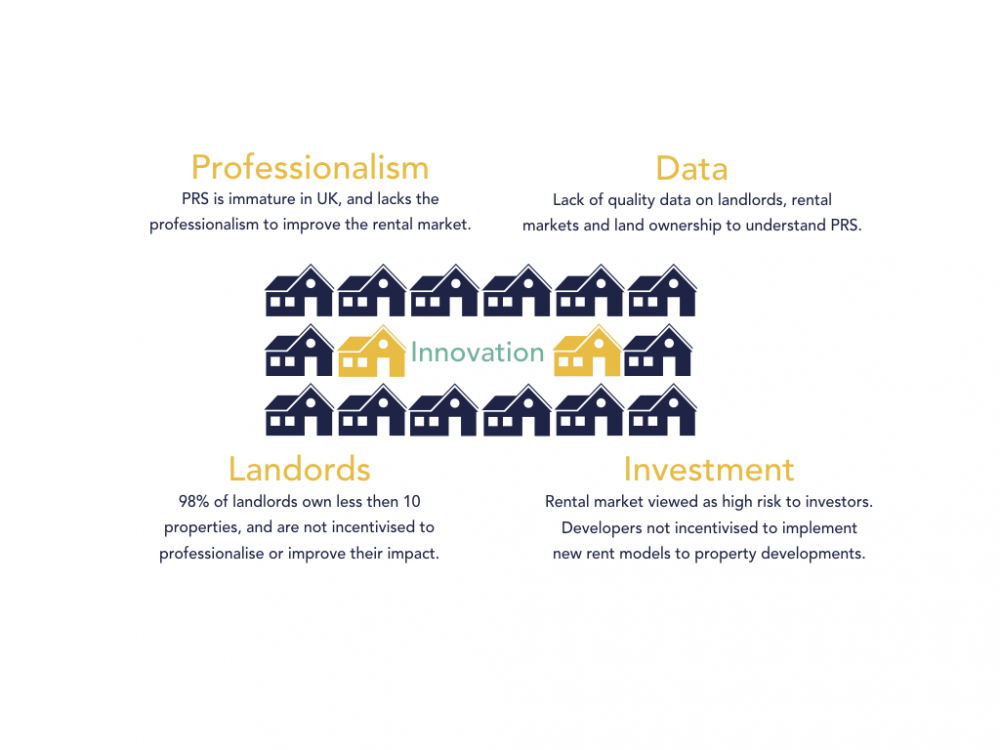
Wheelchair users should be able to rent wheelchair accessible homes
Eleanor Bowden, CEO of Community Sponsors Homes (CSH) discusses the need to increase the availability of wheelchair accessible homes for rent and how Commonweal are supporting CSH to achieve this aim.
There is a housing-led inequality between wheelchair users and non-disabled people in the UK. According to Leonard Cheshire (2016), 330,000 homes are needed to meet demand.
Add this to the fact that the UK is becoming a nation of renters. This leaves the 1.2 million wheelchair users in the UK today (NHS) , who are part of Generation Rent, stuck with few options. The demand for accessible homes will increase, as the number of people aged 65 and over is expected to rise by over 50% by 2030 (Habinteg, Papworth, LSE, 2017). The Centre for Housing Policy at York University, estimates that by 2040 1/3 of 60 year olds will be renting privately.
 Living in an inaccessible home often means wheelchair users are limited to one or two rooms of the house. This isolation prevents them from caring for themselves and engaging in family, community or work life – resulting in a greater reliance on the state.
Living in an inaccessible home often means wheelchair users are limited to one or two rooms of the house. This isolation prevents them from caring for themselves and engaging in family, community or work life – resulting in a greater reliance on the state.
So, why is there a shortage of accessible homes for rent? Sadly, there are many barriers to innovation in the UK Private Rented Sector (PRS). This can make it hard for social entrepreneurs like us to implement commercial solutions.
The barriers to innovation in the Private Rented Sector (PRS)
At Community Sponsors Homes, we believe that wheelchair users should be able to rent wheelchair accessible homes. To break through the barriers and create a long-term solution, we are launching a residential social impact investment fund to acquire accessible properties in London. This model will then be replicated to other urban areas of the UK.
When the market works to improve people’s lives everyone wins. Simple.
The solution is simple: Purchase wheelchair accessible homes with investment and rent them on the open market. This creates commercial returns on investment for investors, as well as providing choice for wheelchair users. There is an inherent social benefit when wheelchair users move independently round their own home and lead independent lives.
We then anticipate that buy-to-let owners will follow, once they can see the untapped market that currently exists. In 20 years’ we could finally be talking about solving this problem. It is a winning situation when a financial product can offer both social impact and commercial return.
By increasing the availability of accessible homes, we will not only vastly improve the lives of wheelchair users and their families, but also create a new marketplace for the wheelchair accessible PRS.
We have identified a growing need for privately rented wheelchair accessible homes in London. But to further evidence the potential market of who wants, needs and could afford accessible rental property, we now need to collect data on wheelchair users’ specific needs and characteristics.
The Commonweal approach
This research will be vital to building an evidence case for our social impact fund, particularly for our investors, stakeholders and partners. We were therefore delighted to win a £10,000 research grant from Commonweal Housing, which will enable us to commission a research partner to evaluate the data collected.
We initially targeted Commonweal on account of its innovative approach to solving social injustices in housing. They encourage organisations like ours to develop ideas freely, without placing restrictions on our research evaluations. The freedom to evolve our research requirements was extremely important to us. Particularly as we are creating a new solution to a social problem that will need the right evidence outcome to succeed.
Eleanor Bowden, CEO of Community Sponsors Homes
Tagged: commonweal housing, Community Sponsors Homes, housing, social justice


